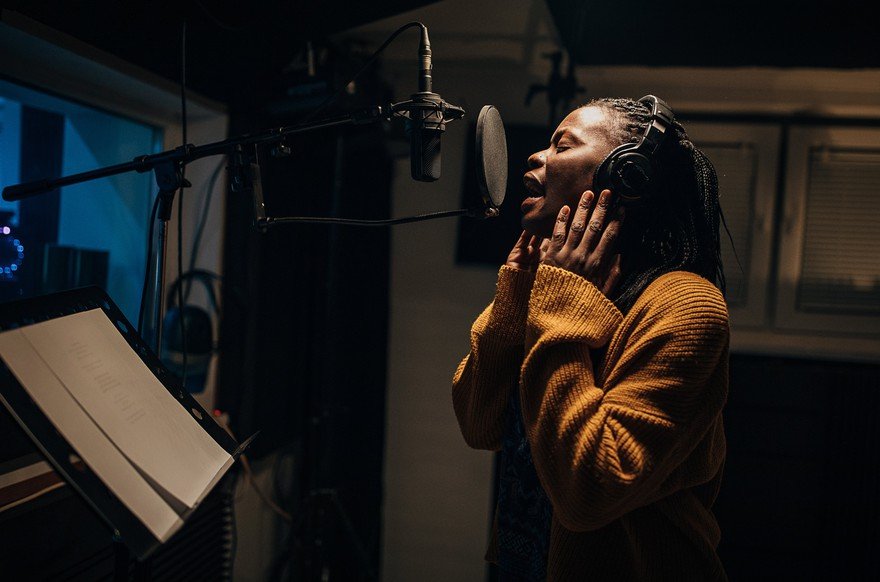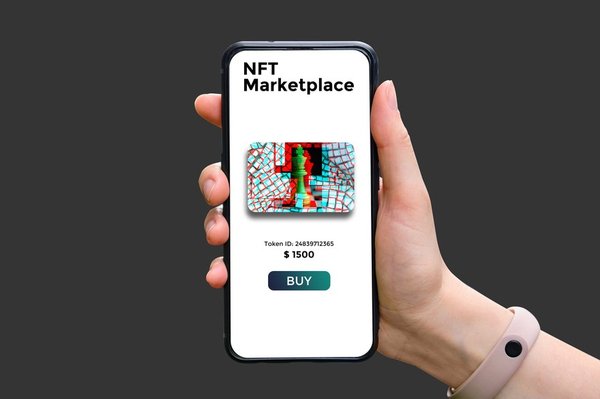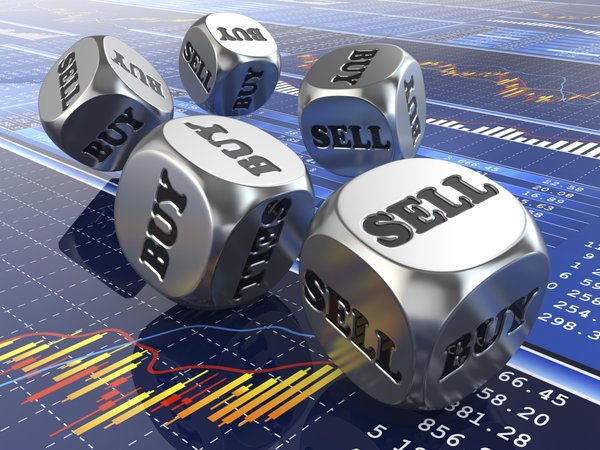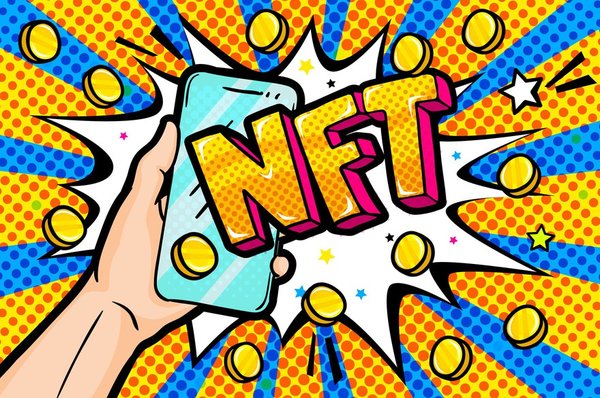The music industry may have finally started taking NFTs seriously in 2021. A handful of artists launched NFT projects that attracted lots of attention from fans and raked in millions of dollars. The NFT and crypto space is still very young, especially on the music front. But the possibility of more direct artist-to-fan interaction and new ways to monetize work without the need for traditional music publishers makes this a promising technological development.
Here's what you need to know about investing and participating in the music NFT space.

Investing in music NFTs
NFTs burst onto the scene a few years ago when some digital art began selling for millions of dollars. Always on the lookout for a way to earn a quick buck, speculative investors started getting interested in this niche within the cryptocurrency and blockchain technology world.
What are music NFTs
NFT stands for "non-fungible token," a type of digital certificate encoded into a blockchain network -- typically Ethereum (ETH 0.2%) -- that guarantees ownership of a unique asset. This economic concept of fungibility is important because a lot of works in the music and art industry that make use of NFTs aren't actually NFTs in the strictest sense of the word.
Something is non-fungible if it is truly unique and cannot be replaced by another thing just like it. For example, the original recording of a piece of music is non-fungible, but copies of it sold (such as a digital download or a physical album) are fungible because one copy could be replaced with another identical to it.
How music NFTs work
A music NFT is a certificate of ownership of a unique musical work that can be sold to another party. The owner has the exclusive right to determine how the composition is used.
The term "NFT" is applied to all sorts of fungible tokens (meaning multiple copies exist and are owned by various parties) secured on a blockchain that grant the owner the right to music, album art or videos created to accompany music, or some other exclusive access to content.
Strict definitions aside of what makes for a non-fungible vs. fungible token, music NFTs are helping composers, bands, and musical artists connect and interact with their listeners in new ways.
How NFTs could change the music industry
Music fans are a highly engaged audience. Selling music and related artwork via the blockchain is a way for an artist to forge a direct relationship with a fan base without the need for a record label or music-streaming service. If done right, it can equate to a bigger profit for the creator since there's one less hand in the cookie jar. However, minting music NFTs isn't free since Ethereum gas fees (the cost to compute and record a transaction on the blockchain) and NFT marketplace fees for listing and selling work can still add up.
Can NFTs replace record labels and streaming giants? Probably not anytime soon. There's something to be said for the wide distribution that can be gained from partnering with a more traditional industry business player. Nevertheless, payment to artists from music industry intermediaries is always controversial, and the digital era has been no different, with many musicians decrying low payouts from streaming services.
With some high-profile artists starting to bankroll serious pay using NFTs in the past year, the groundwork could be laid for yet another transformation of the music industry down the road.
Three top music NFTs
A number of artists experimented with the NFT concept in the past year and generated buzz among fans. Here are three of them:
Kings of Leon
Rock group Kings of Leon's NFT project NFT Yourself helped shine a light on the possibilities for musicians and the crypto world. The band sold limited-edition digital copies of its latest album When You See Yourself as an NFT, which came with digital art and a collectible vinyl record. Various other pieces of art based on the album's theme were sold, too, some coming with special perks such as front-row tickets to Kings of Leon shows for life. The NFT album hauled in about $2.5 million in sales.
Grimes
The 2021 NFT drop from musician and visual artist Grimes, entitled WarNymphs, wasn't just a music NFT but a collection of digitally created art and video set to music. A single unique piece called Death of the Old auctioned for almost $389,000 on NFT marketplace Nifty Gateway. Grimes' NFT project attracted some $7 million.
3LAU
DJ Justin Blau, better known by stage name 3LAU, made music history by releasing the first blockchain-based album Ultraviolet early in 2021 and making $11.6 million -- in spite of a smallish fan following and the auctioning of just 33 NFT-linked vinyl records. 3LAU's success proves the merits of understanding the concept of supply and demand, which leads us to our final topic.
How to invest in music NFTs
Perhaps you make music and are mulling the prospect of entering the NFT fray. Or, maybe you're a collector, investor, or speculator trying to decide if buying music NFTs is the right move. Either way, it's a fresh and exciting movement, but there are no guarantees you'll make money.
Remember that, if you are thinking about minting NFTs, you might be able to forge a more direct relationship with fans using blockchain technology, but it isn't free. Fees to launch a project "on-chain" can really add up. The same goes for buying a music NFT. Your resale proceeds (if you decide to sell an NFT later on) will be reduced by marketplace fees, Ethereum network gas fees, and any royalties the artist withholds when secondary transactions take place.
When deciding which music NFTs might present the best collection value (and how to go about starting your own music NFT project), bear in mind that historic works of art aren't just valuable because of the creativity involved or the overall quality of the piece. There's also value in the fact they're unique. In the case of music in the modern era, rarity also has value (like a vintage vinyl record with very few copies made).
Some music NFT projects churn out large quantities of digital tokens representing ownership of a digital copy of music and accompanying art (which become fungible tokens since one copy could be replaced by another identical to it). Study the successful NFT sales above and note how supply of these tokens -- and not just demand from fans -- has a direct correlation to the ultimate value of the project. The bottom line is that, if you're making a music purchase (or launching a music NFT) for the possible collectors' item value, supply and demand is an important consideration.
The music industry appears to be a new frontier for the crypto industry to disrupt as artists start to experiment with NFTs and interact with their fan base in a new format -- and thereby reinvigorating some personality into what has become an impersonal musician-fan relationship in the streaming era. Buying music NFTs isn't for every investor, so tread lightly here. And artists should weigh the merits of delving into their own project against the more traditional means of distributing music. However, for those willing to do a little trailblazing, NFTs could be at the forefront of another evolution of the massive global music industry.



















